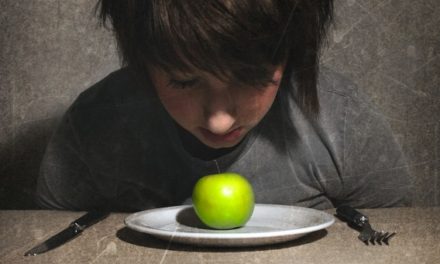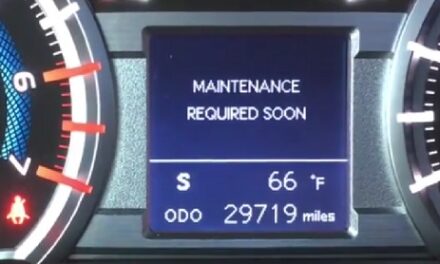Have you seen the film, A Miracle on 34th Street?
It hinges upon whether people will accept Kris Kringle’s claim that he is in fact Santa Clause… But what a strange preoccupation! Why does it matter so much whether or not people believe in the material existence of something that seems so clearly to be mythical?
The answer, I suggest, is the Narcissistic Defense.
When I say the Narcissistic Defense, I’m using Dr. Hyman Spotnitz’s definition, not to be confused with a lot of other psychological writing on narcissism. Rafael Sharon has written succinctly and eloquently about this term:
The idea is that a baby is frustrated, can’t communicate, needs the mother (the object) to fulfill its needs. It’s guess work much of the time. What starts to happen in certain cases is the baby will have the feeling from the mother that the mother can’t handle the aggression, the crying, the screaming, so they turn it inward to protect the mother. They turn it on themselves. This is the narcissistic defense and we all do it to some extent. We blame ourselves for what’s going on around us. The ultimate example is schizophrenia. I think it’s both biological and it’s nurture. I don’t think just anyone is going to suffer from schizophrenia. That’s the ultimate narcissistic defense where you disable your brain so you won’t do anything disruptive to your primary object.
So what does Santa Clause have to do with the Narcissistic Defense?
Most parents want to give to their children. They want to provide what they need and also give them gifts and increase their delight. Christmas in America is a prime time for gift-giving. But wise parents also want their children to be able to express their aggression in a constructive way and not turn it inward.
Santa Clause is a way to satisfy both of these desires.
If parents just gave their children gifts freely and constantly, in the face of a child’s anger, there is a risk that the child would either reject the gifts and double-down on their anger, or cling to the gifts and reject their anger. The Narcissistic Defense is all about rejecting the anger. Children understand that they need their parents to survive. They can’t afford to risk that relationship. Unless the parents express aggression in a constructive way and encourage their children to do the same, young people will suppress some of their anger out of fear that their parents will withdraw their love and support.
Santa Clause allows parents to celebrate with their children when they give them something that they enjoy. If the gift seems to not come directly from the parents, then it has a sort of emotional purity, the child can appreciate it without the overwhelming burden of gratitude and need associated with everything else the parents provide.
When a person stops “believing in Santa Clause,” (and they recognize their parents were the ones giving all the gifts) they have entered the adult world. Now when they are angry with someone or in conflict, they need to consider if and how to express themselves. Can the person handle their criticism? If the conflict is not resolved, they may not be able to receive gifts or resources from that person in the future.
This is also one reason that in therapeutic settings like Group, we want actions like gift-giving to be put into words. Unconsciously, the gift may be an attempt to ward against or dissipate anger and conflict in a relationship. It is far better for the therapeutic relationship to express the affectionate, loving feelings that inspire the gift-giving, and also explore whatever fears of conflict there may be.




